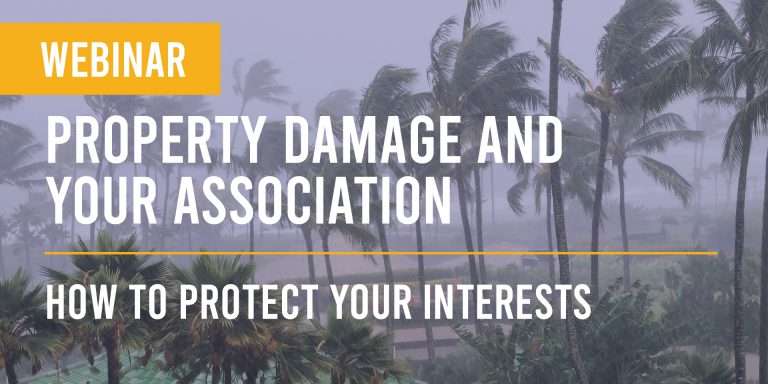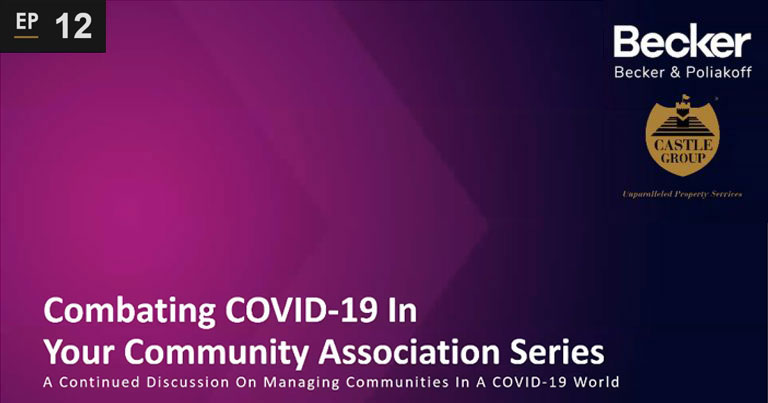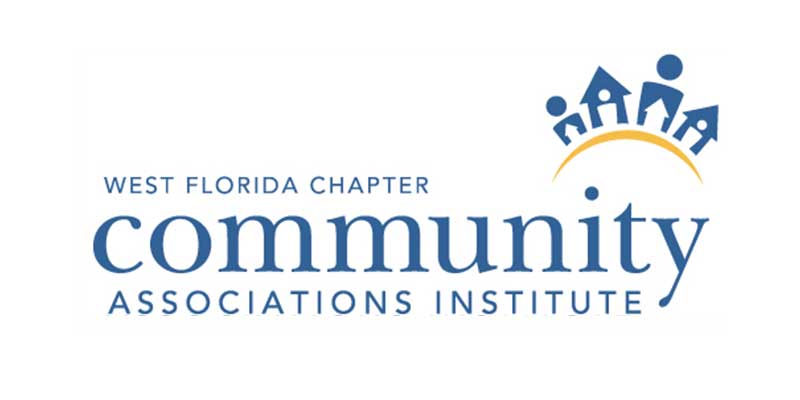Stay up to date with Becker’s dedicated resource page on COVID-19. All information is posted to educate and inform our clients but does not constitute specific legal advice for your community. Please consult your Becker attorney for questions specific to your own community. CLICK HERE
In this Issue
Can you believe it’s autumn already? National and local elections are fast approaching and the chatter about whether or not political signs should be permitted in private residential communities is building. We delve into this issue as well as discuss how to keep your HOA director elections, which are also on the horizon, from turning into the “Wild Wild West.” To round out our election coverage, make sure to register for an upcoming BeckerBALLOT webinar and learn how you can implement online voting in your community!
Can HOAs continue with their “practice” of employing a two-notice, condominium-esque election, despite any lack of language in their governing documents permitting same? Find out in “Director Elections in HOAs (i.e. Welcome to the Wild, Wild West).”
Condominium living has its advantages and challenges – one such challenge is often parking. “Phony Parking Violation Letters in Condominiums,” discusses this nuisance.
Should an association be concerned about the actions of its volunteers? Find out in “Is a Community Association Responsible for the Acts of its Volunteers?”
Understanding application of statutes is at the heart of “THIS CASE: Tahiti Beach Homeowners Association, Inc. v. Pfeffer.”
Mark D. Friedman, Esq. & Jay Roberts, Esq., Editors
Director Elections in HOAs (i.e. Welcome to the Wild, Wild West)
An increasing number of homeowners’ associations are adopting a two-notice, advance-nomination process for electing directors, similar to the election procedures statutorily dictated for condominium associations. Yet with many HOAs still operating with governing documents drafted by the developer, it is not uncommon to hear about situations where an association is running its condo-like election based on past practice rather than the procedures set forth in its governing documents. As a result, we are often asked whether homeowners’ associations can continue with their “practice” of employing a two-notice, condominium-esque election, despite any lack of language in their governing documents permitting the same.
Phony Parking Violation Letters in Condominiums
By: Kathleen O. Berkey, Esq., AICP
Condominium living has its advantages and challenges – one such challenge is often parking. Today, people move into these communities with several vehicles in tow and in condominiums, there is limited space in the parking garages and parking areas for unit owners and their guests. Sometimes this results in unit owners taking parking, that violates the terms of their condominium documents, into their own hands by anonymously drafting violation letters as if they were from the condominium association and taping the letters to the subject vehicles. We have seen recipients of these phony parking violation letters claim that this practice is “a federal offense to impersonate an agent of the management company or the condominium’s board of directors.” While this practice does not rise to the level of an actionable federal or local offense (and would not even constitute criminal vandalism if the letters are easily removable and do not damage the vehicles on which they are posted), it can be misleading, breed confusion, and result in additional frustration for both sides, without effectively addressing the underlying parking violation. It should be noted that if the violation letter is actually forged as if written by the condominium association and is mailed to the alleged violator, instead of being placed on the subject vehicle, there may be a civil or criminal cause of action against the sender.
Is a Community Association Responsible for the Acts of Its Volunteers?
Community associations can be a great place for community involvement. It is always nice to see members get involved and help with operating the association. However, should the association be concerned about the actions of these volunteers?
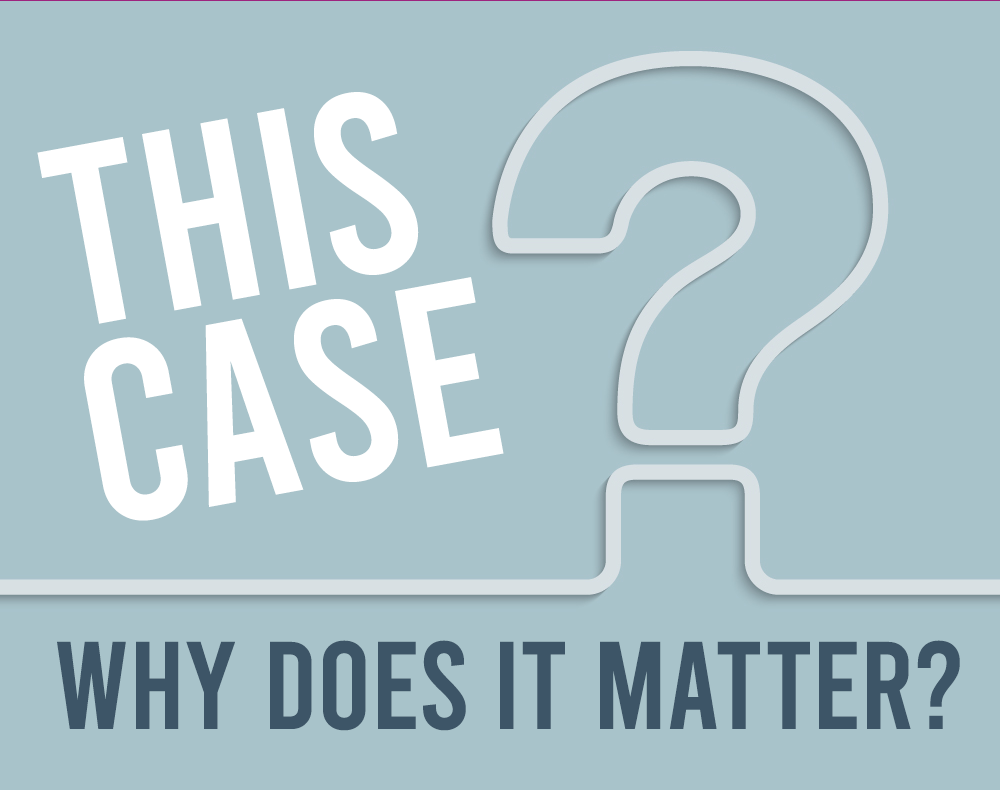
Tahiti Beach Homeowners Association, Inc. v. Pfeffer,
52 So.3d 808 (Fla. 3d DCA 2011)
Understanding application of statutes is at the heart of THIS CASE.
Tahiti Beach Homeowners Association, Inc. (Association) brought an action to foreclose a lien for a $285,000 fine assessed against two homeowners (Owners) based on their alleged violation of an Association rule requiring construction or landscaping activities to be completed within 24 months. The trial court ruled that the fines exceeded the statutory limits set forth in Section 720.305(2), Florida Statutes (2007), and entered judgment (on this issue) in favor of the Owners.
Jonathan Dwork (“Owner”) owned a single-family home in the community of Executive Estates of Boynton Beach, which is governed by Executive Estates of Boynton Beach Homeowners Association, Inc. (“HOA”). The HOA’s governing documents required owners to keep their roofs, fences, and driveways in good condition. HOA sent several notices to Owner stating that he was in violation of the governing documents. Receiving no compliance or response, the HOA began down the route of the fining procedure pursuant to F.S. §720.305(2). The HOA sent a notice to Owner that in thirteen days there would be a hearing with respect to whether fines would be imposed. The HOA fines committee did approve the fines. Fines remained unpaid and the HOA recorded a claim of lien and later filed a two-count lawsuit seeking to foreclose the claim of lien or, in the alternative, monetary damages for the fines imposed. The lawsuit also sought to have its attorney’s fees awarded by the court. The HOA prevailed on the monetary damages count and awarded the HOA its attorney’s fees. Owner appealed.
On appeal, the Association argued that the rule which the fine was based on preceded the enactment Homeowners Association Act, and therefore governs the amount of fines which the Association can impose. In other words, it was the Association’s position that it was not constrained by Section 720.305(2), Florida Statutes (2007), which, at that time, limited fines to no more than $100 per violation up to an aggregate maximum of $1000 for a continued violation. The appellate court disagreed with the Association. The court concluded that since Section 720.305(2), Florida Statutes (2007) dealt with procedural and remedial issues, the statute should be properly applied retroactively to govern (and limit) the amount of fines able to be imposed. The court affirmed the trial court’s judgment in favor of the Owners.
So why does THIS CASE matter? Interpreting an association’s governing documents in light of statutory changes is not a simple or straightforward endeavor. Sometimes the statute will control in a conflict, and sometimes the governing documents will control in a conflict. The determination hinges on a concept called “unconstitutional impairment of vested contractual rights,” and this concept has been explored by courts and legal scholars in the realm of community association law for many decades. If you find that there is a conflict between what your association’s governing documents state and what the applicable statutes provide, you should seek a legal opinion from an attorney well-versed in this area of the law, as there are various complexities which could lead to problematic results if the correct interpretation is not taken. (Author’s Note: Section 720.305(2), Florida Statutes, was later amended to provide an ability for homeowner association fines to be higher than $100 per violation and $1,000 in aggregate maximum, if so provided in the Association’s governing documents.
Becker Launches Public Adjusting Firm for Community Associations
Becker is pleased to announce the launch of Association Adjusting, the one and only public adjusting company that exclusively serves community associations throughout Florida.
Virtually every community association will experience a significant property damage claim at some point during its lifespan. In addition to windstorms, fires and floods there are the everyday water leaks with which volunteer boards and managers must contend. While it is reasonable to believe that after years of dutifully paying your insurance premiums your damage claims will be paid quickly and in full, the reality is often quite different.
Association Adjusting is a licensed and insured Public Adjusting Firm led by Joseph “Joe” Connelly, an advocate for insurance consumers for more than a decade.
Question of the Month
Q: My homeowners’ association is considering amendments to its governing documents. A question has come up concerning what membership vote is required to amend the documents. Can you please advise?
Shareholder Joseph Adams’ provides the answer to this question and more.
Can They Do That?
“My association sent out a notice to all owners and residents that the elevators and building air conditioning will be shut down approximately 36 hours before a looming hurricane is expected to make landfall. Can they do that?” Becker Shareholder Howard Perl discusses in a brand-new episode!
When it comes to association rules and bylaws, there seem to be more questions than answers. Becker’s video series, “Can They Do That?” tackles some of the unique problems that homeowners and renters face today. We answer questions, no matter how far-fetched they may seem. From service animals to nudists in your community, we get to the bottom of it and let you know – “Can They Do That?”
Don’t miss out on new episodes of “Can They Do That?”
Subscribe to Becker’s YouTube channel!
Keeping Politics Out of Your Community Association
by: Donna DiMaggio Berger, Esq.
Not surprisingly, the chatter about whether or not political signs should be permitted in private residential communities has increased as we draw closer to the elections in November.
Let’s first discuss whether or not an owner in a Florida HOA has the “right” to install signs. The short answer is “no” with one exception. FL homeowners’ associations can prohibit all types of signs other than one security sign located ten or fewer feet from the entrance to the home. All other signs including “For Sale” signs, signs installed by vendors doing work at a home, seasonal and congratulatory greetings and political signage may be prohibited IF the board determines that doing so is in the best interests of the community. Naturally, if the members disagree with their board’s decision, they may decide not to re-elect that board in the future.
Statewide Suspension of Community Association Classes
Becker has been closely monitoring the latest coronavirus (COVID-19) developments. In the continued interest of the health and safety of our clients and colleagues, we have made a decision to continue the suspension of all Community Association classes until further notice.
As always, we will keep you informed of any changes and updates.
CALLING ALL BOARD MEMBERS AND COMMUNITY MANAGERS
As a service to the community and industry, we are pleased to offer some of our most popular classes online! While our in-person classes remain suspended until further notice due to COVID-19, we are thrilled to bring you the following classes to participate in from the comfort of your own home.
HOA/Condo Board Member Certification – Watch Replay
Disaster Preparedness and Recovery – Watch Replay
Anatomy of a Water Leak – Watch Replay
Understanding Our Bylaws – Watch Replay
Is a “No Pet” Building a Thing of the Past? – Watch Replay
How to Properly Run an Election – Watch Replay
Budgeting & Reserves – Watch Replay
UPCOMING CLASSES
Covering Your Assets: How to Avoid Board Member Liability – 9/30 at 12pm – Register Now.
Collection and Foreclosure Strategies for Community Associations – 10/14 at 10am – Registration Coming Soon!
Becker is Nominated for the FLCAJ 2020 Reader’s Choice Award. VOTE TODAY!
Becker is honored FLCAJ Readers have nominated us in the Legal Services Category of this year’s Readers’ Choice Awards. We are grateful our clients and industry friends remain confident in our commitment to educate, protect, and advance the shared ownership communities of Florida.
While proud to be nominated, we still need your support to win the 2020 Readers’ Choice Award! Please click below to submit your vote for Becker! Your support is greatly appreciated!
RECENT WEBINARS
2020 Hurricane Guide – Are You Ready to Weather the Storm?
With the most active months of our 6-month storm season in Florida upon us, it is of utmost importance that community association boards and managers ensure their communities have adequate disaster planning measures in place. To help you in weathering the storm, check out Becker’s Hurricane Guide which provides important tips and information to help protect your community.
Click here to view our new interactive 2020 Hurricane Guide.






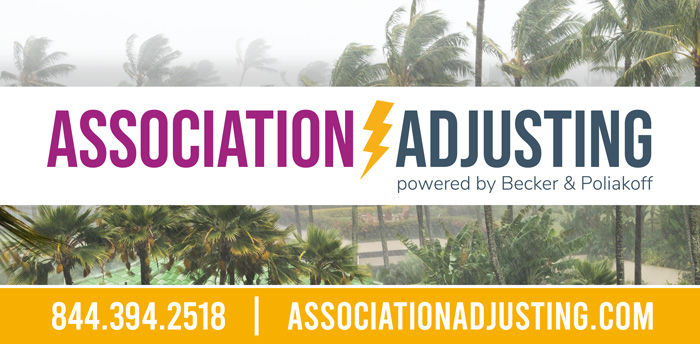

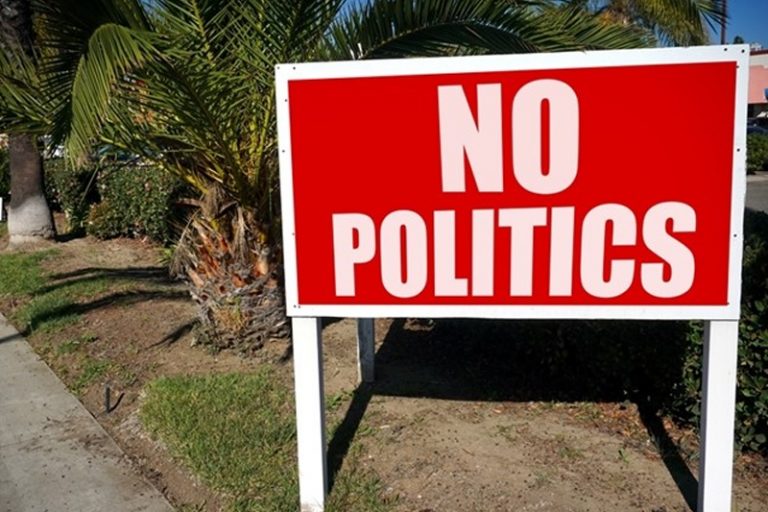

![look-[Converted]](https://www.floridacondohoalawblog.com/wp-content/uploads/2020/04/look-Converted.png)

